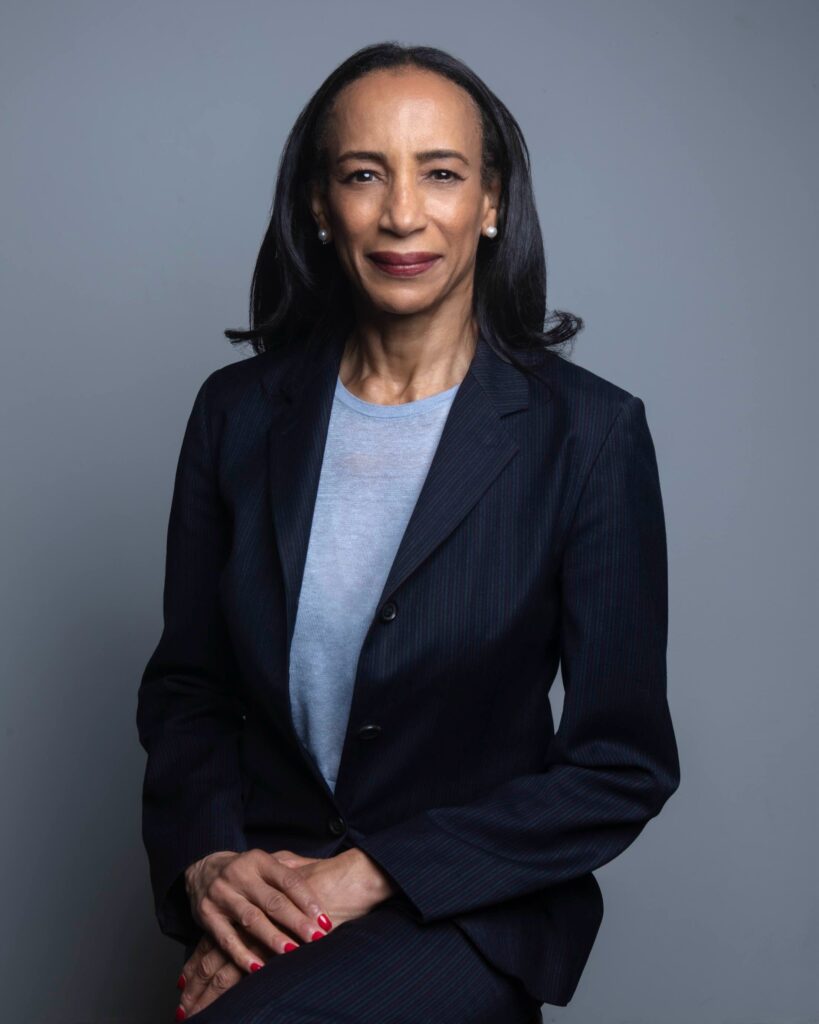By Muskan Arora
The newly
appointed CEO and president of $900m Episcopal Church Foundation, Dail St.
Clair looks to Meredith Jenkins,
CIO of Trinity Wall Street and Jennett Hill, president of Lilly Endowment for growing
its real estate portfolio and serving the community.
Since
joining, Jenkins has grown its real estate portfolio, “resulting in
Trinity quadrupling its community giving since 2020 in affordable housing,
homeless, racial justice and mental health.”
Episcopal Church Foundation returned 23.1%, 5.2% and 8.4% for its 1-,3- and 5-year returns for the year ending September 30.
As endowments
are known for having higher allocation to alternatives, ECP is planning to hike
its allocation to private equity to up to 10%, private debt to up to 5% and
real assets to up to 5% in the coming months.
However, in
the current environment, the church has maximum exposure to global equity at
65% – with a slight overweight in Europe and slight underweight in North
America.
Growth
stocks within the global equity portfolio drove the returns for the endowment,
where it had a modest overweight to mid-caps and underweight in small caps.
St. Clair started her career in high-yield fixed income before moving
to private credit in 2011.
She considers focusing on senior secured loans,
diversification, collateralization, and strong covenants as ways to mitigate current
market risks including interest rates and liquidity within PC.
In 2025, the CEO believes that “the trend of bank
disintermediation will continue to create opportunities for alternative lenders
alongside higher-for-longer rates have exacerbated the ongoing trend of banks
retreating from certain lending activities.”
There is an increased interest in alternative credit in the
current environment, as “the retreat of the traditional banks has created ample
opportunity within asset-based lending.”
Secondly, the heightened competition in the upper middle
markets has heightened competition which may be a challenge but also ignited
partnerships with top-tier GPs.
“The European markets offer favorable conditions for senior
secured lending with wider spreads and test advantages for non-US investors,” said
the CEO.
The growth of digital lending platforms, machine learning
and AI will not just impact private credit allocations but the whole portfolio.
“The
integration of AI, ML, blockchain, and advanced analytics, with the digital
lending platform, secures and quickens loan processing, approval and disbursal,”
said the CEO.
For those considering their first allocations to private credit, her advice is to consider the type of exposure, scalable
sub-asset class, attractive value chain, trends and contingencies, as those are a few
factors that the CEO considers important.
Within its
private equity sleeve, the system continues to see value in secondaries from
both a risk/return perspective and absolute return basis.
For 2025,
the CEO sees massive growth in all the sectors related to technology and AI
including cybersecurity, traditional and digital infrastructure, data centers, innovative
wellness-focused companies and cyber-security to name a few.
St. Clair joined the church in October 2013 as a financial advisor
and was recently appointed as the CEO and president in November 2024, with
Donald Romanik stepping down from his role on November 30.
Prior to that, she worked as a CIO and advisor at Aurivos
for over two years. She started her career as a senior portfolio manager at New
York City Pension Fund.
St. Clair earned
a master’s degree in public policy and business from the University of Chicago.












